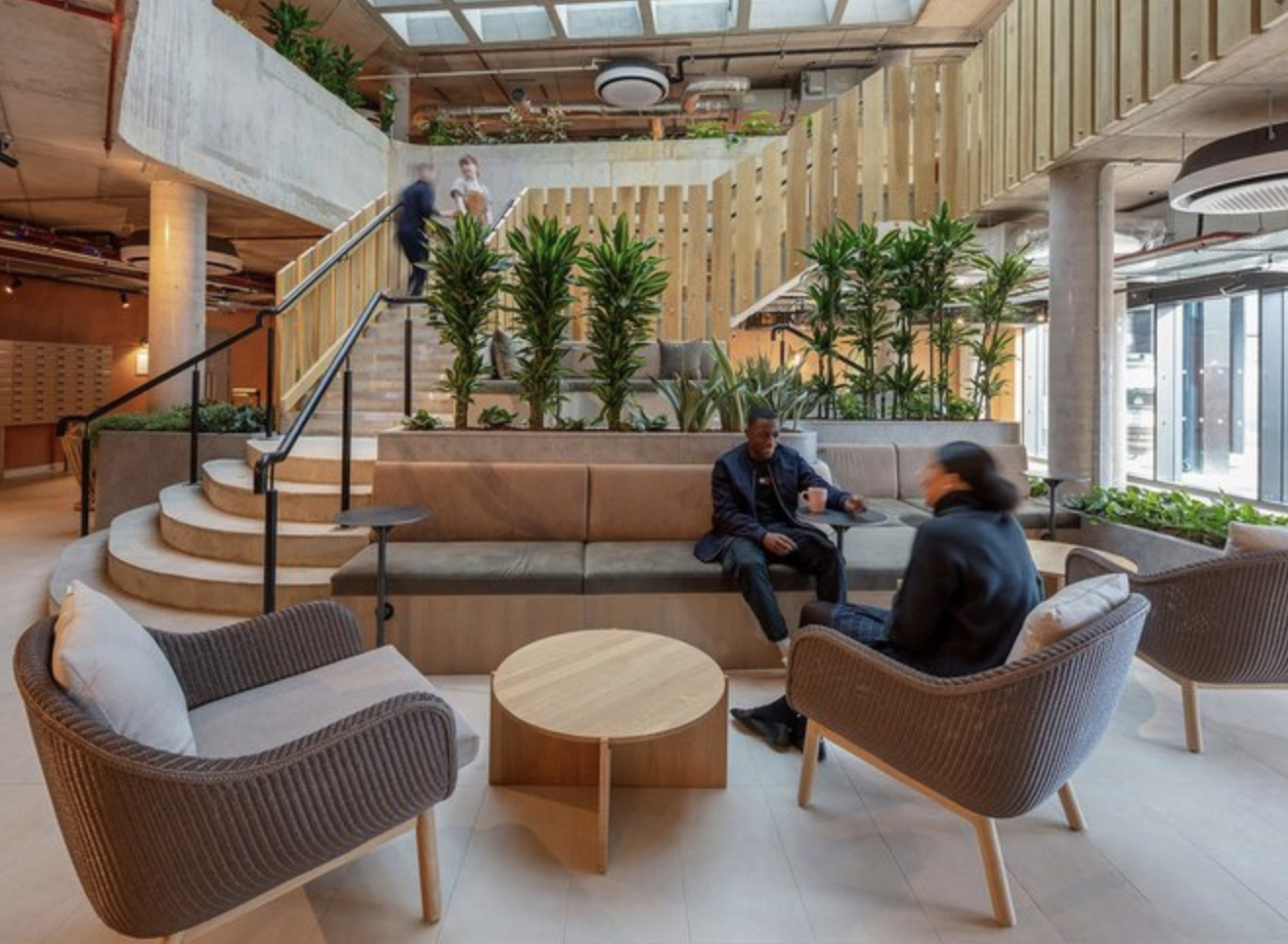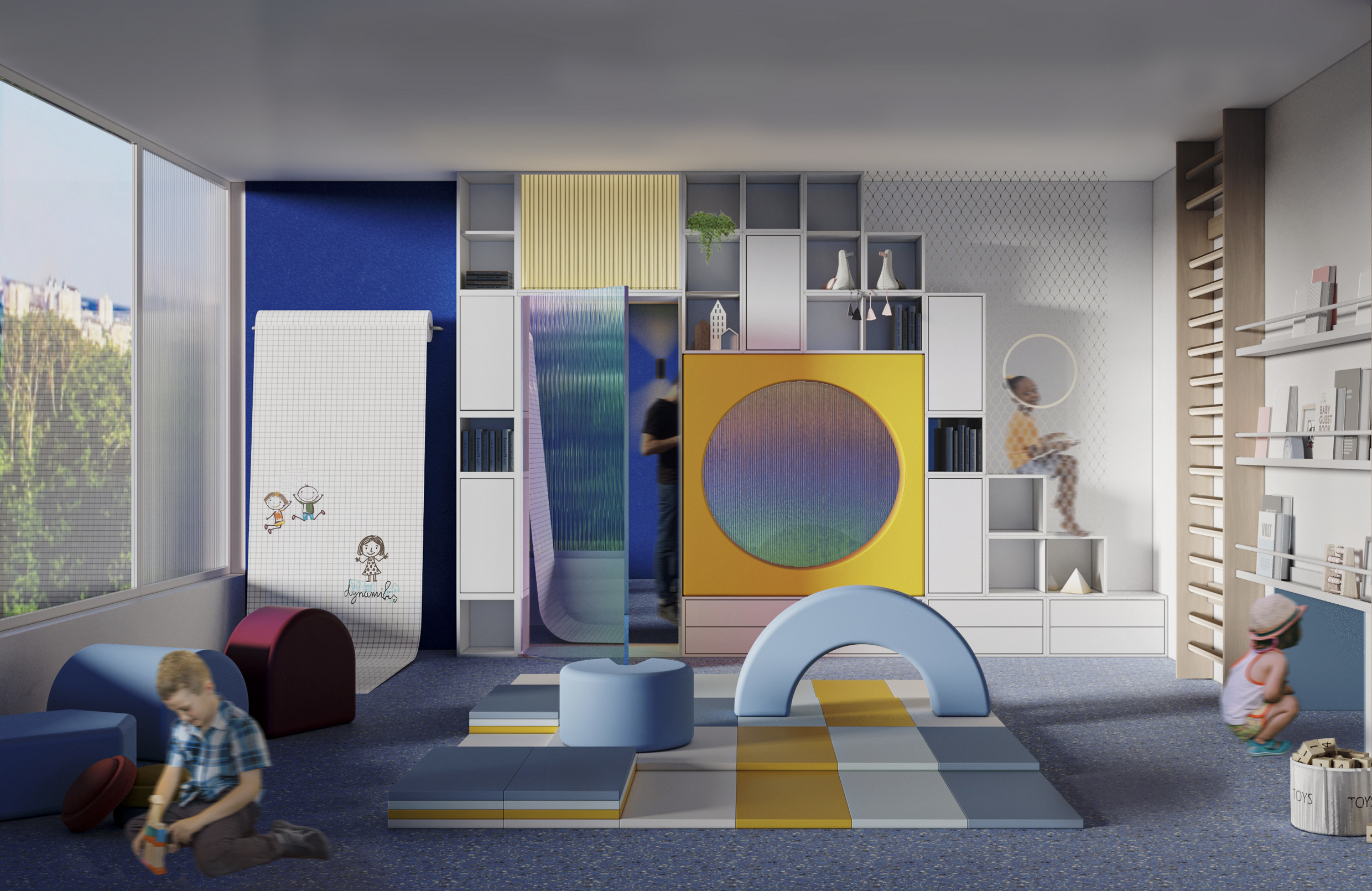Ireland: Peter Horgan, managing director of developer Grayling, has called on the Irish government to relax the ban on coliving planning consents to allow empty offices to be converted into shared accommodation.
Horgan said allowing buildings to be converted to coliving would help rental developers to compete with hotel and student accommodation investors for city centre buildings.
Over the course of 2023, there has been a large increase in vacant office stock in Dublin. In July, Simon Coveney, the enterprise minister, said “the timing is right” to convert unused office blocks into apartments. Horgan said many old empty office blocks in the city centre are not suitable for apartment conversions due to the typical layout of commercial buildings not being adaptable to residential use.
“We looked at a building on Mount Street that might seem like it is perfect for apartments. When we ran the numbers on it, we were coming up with a negative, or near negative, residual value for the existing building. I do know that they got a bid on that building above asking price to convert it into a hotel,” he told the Business Post.
“A hotel is just a more efficient conversion because hotel rooms are on both sides of the corridor. You get that flexibility with a hotel, and you get it with student accommodation as well. In residential you have to put in balconies on each floor and a certain amount must be dual aspect.”
He added that office-to-apartment conversions in cities are also not as lucrative as the hotel option, but a relaxation of the coliving ban, put in place by Darragh O’Brien in 2020, could help developers compete financially and deliver more residential accommodation in cities.
“Coliving was brought in as a permitted use under residential. That means you could go for planning on the site in Killarney for coliving. That’s silly. It should have been a defined planning designation, like student accommodation, so planners could state, ‘We’ll allow them in the city centre.’ That’s where coliving makes most sense,” Horgan said. If they were now more definite that co-living is only allowed in commercial conversions, then we can compete with student and hotel providers in city centre locations for buildings. We wouldn’t be taking residential off anyone else, we would be delivering new units in buildings where apartments aren’t viable.”
Grayling, a Cork-based company that manages 1,250 rental properties, has recently converted an old office block in Rathmines into a new 110-unit coliving development.
Horgan said the firm’s next plans involve completing a further 371 coliving units on Cork Street, Dublin 8. “We started in the summer and that will be about a two-year build. After that we don’t have any new projects. I’d love to have a great pipeline, but it’s just not economically viable right now. Land prices haven’t adjusted to reflect the reality of higher interest rates and higher build costs.”








